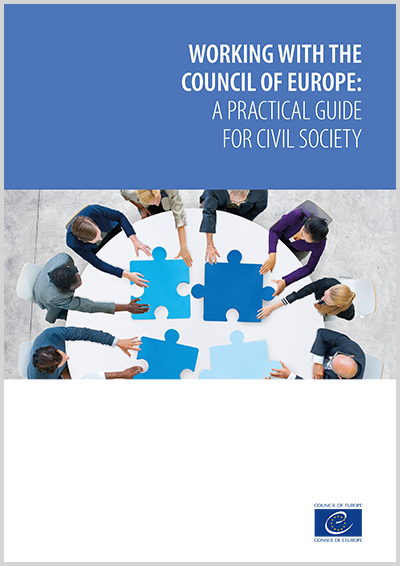European Directorate for the Quality of Medicines & Healthcare (EDQM)

Ensuring that good quality medicine and healthcare is available and that access to it is easy is an integral part of public health protection. A challenge for all member states for many years, concerted action on public health was rarely more pressing than in the COVID-19 pandemic to avoid shortages of critical medicines, to support the development of new innovative treatments including vaccines, and to foster co-operation and share knowledge amongst member states’ health authorities and healthcare professionals.
The right to the protection of health is covered by the European Social Charter and a wide range of issues relating to health have been dealt with by the European Court on Human Rights.
The European Directorate for the Quality of Medicines & HealthCare (EDQM) contributes to the better protection of public health by developing quality standards for medicines and their safe use. It also provides guidance and standards in the areas of blood transfusion, organ, cell and tissue transplantation, cosmetic products and materials that come into contact with food; staffing five intergovernmental committees and three intergovernmental expert committees which develop ethical, safety and quality standards, provide assistance to member states, monitor practices and provide practical tools to ensure the sustainable provision of safe, high-quality healthcare products.
Quality standards for medicines
The European Pharmacopoeia is a single reference work for the quality of medicines and their components in the 39 states that have signed the convention covering its work. Its official standards provide a legal and scientific basis for quality control during the development, production and marketing processes. Its purpose of is to promote public health by providing recognised common standards for the quality of medicines and their components, either through documents known as monographs or physical standards known as reference substances. Both taken together are a basis for the safe use of medicines by patients and make it easier to move medicinal products freely in Europe and beyond.
The EDQM co-ordinates a network of Official Medicines Control Laboratories (OMCLs), which independently test the quality of medicinal products for human and veterinary use available on the market. It co-operates with national and international health authorities (including the European Commission, the European Medicines Agency, the US-FDA and the World Health Organization), manufacturers of raw materials and pharmaceutical products, health and healthcare establishments, professional associations and donors/patient organisations.
The EDQM provides opportunities for civil society to be involved in its work while taking into consideration the specific nature of respective activities.
For bodies such as industry trade associations or academia and non-governmental interested parties there are several possibilities to be involved in the work of the European Pharmacopoeia:
- by becoming an expert: Candidates may apply according to the terms of reference of the Pharmacopoeia’s groups of experts and working parties. Candidates from member states that are part of the Pharmacopoeia submit their applications to the relevant national authority (the list is available on EDQM website) and candidates from non-Pharmacopoeia member states submit to the EDQM (via its Helpdesk). Experts are ultimately appointed by the Pharmacopoeia Commission, its decision-making body;
- by submitting a new draft or proposing a request for revision: stakeholders are encouraged to submit draft monographs or texts which could provide a starting point for an official public standard;
- by submitting comments on draft texts which are published in Pharmeuropa, a free online EDQM publication that allows the public to consult draft texts or get more information on general policy matters.
All standards drawn up in the intergovernmental committees go through a consultation process either within drafting groups involving experts representing stakeholders in a given field or through survey-based consultations with interested parties including patient and donor associations. The committee terms of reference are available on the EDQM website and more information is available on the FreePub EDQM webpage.



